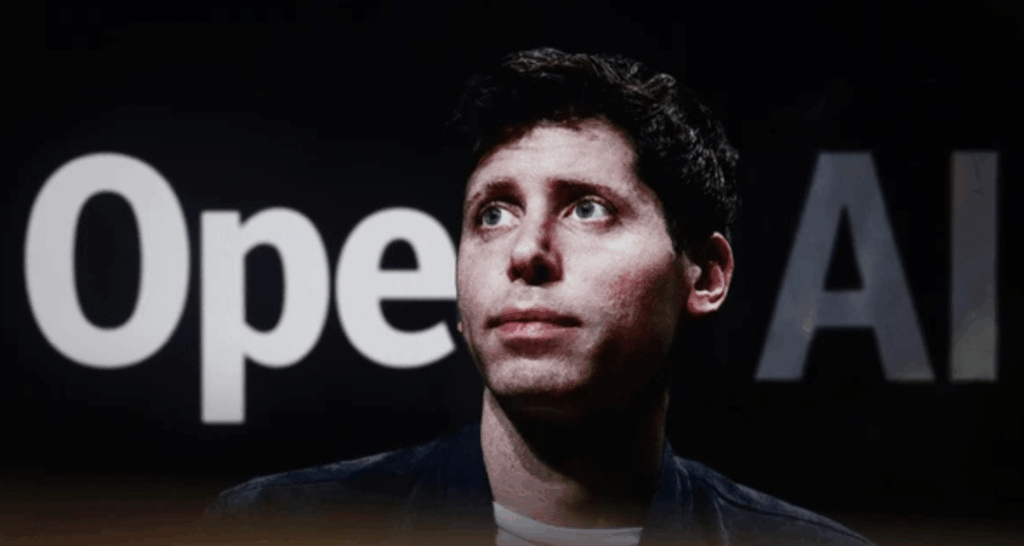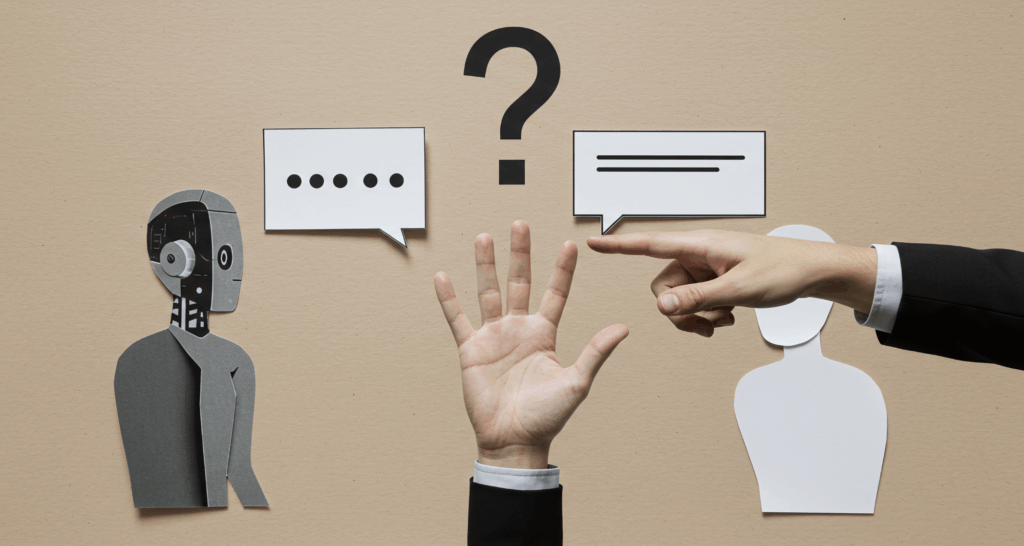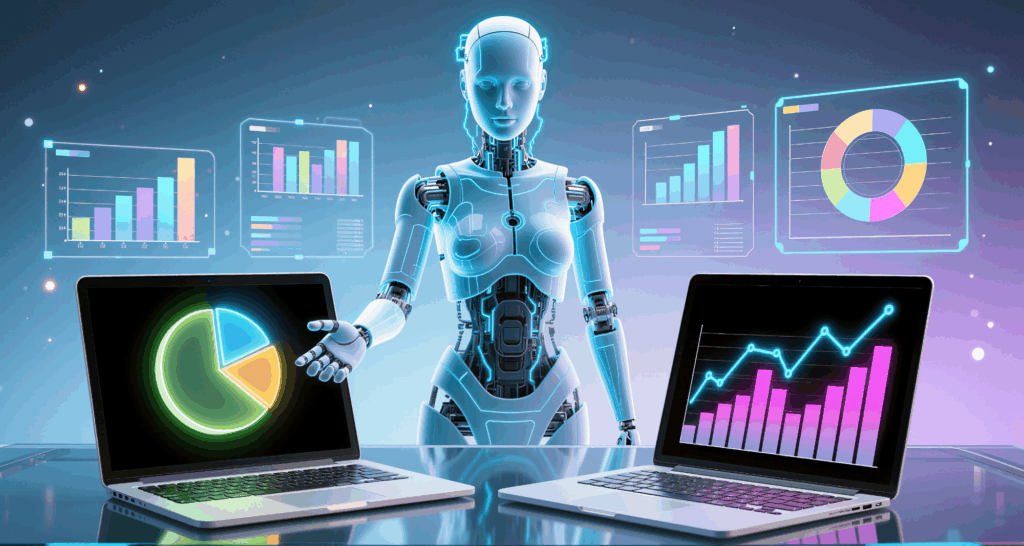The Promising Future Of AI In Workforce Development
Imagine a world where nearly every job requires digital proficiency. According to a recent study by the National Skills Coalition (NSC) and the Federal Reserve Bank of Atlanta, this is our reality: an astounding 92% of jobs analyzed demand digital skills. This shocking statistic highlights the critical need for innovative approaches to workforce training. The traditional one-size-fits-all method is no longer sufficient in an era where digital fluency is essential.
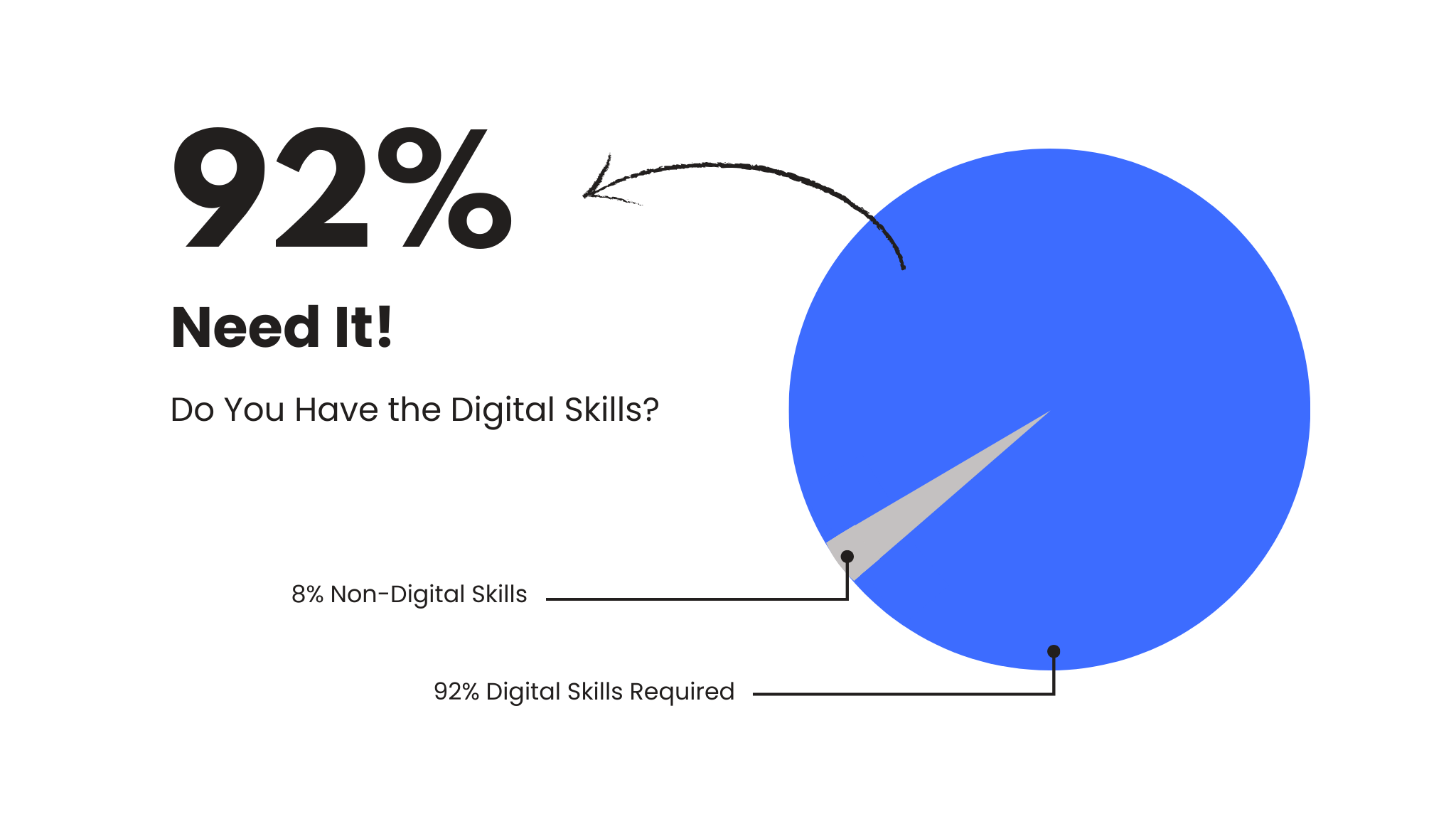
Enter Artificial Intelligence (AI) – a game-changer set to revolutionize workforce development. By harnessing the power of AI, we can transform how skills are developed, processes are streamlined, and innovation is driven. AI’s capabilities extend far beyond traditional training methods, offering personalized learning experiences, increased efficiency, and a proactive approach to skill-building. With AI as our ally, we can ensure our workforce is not only prepared for the digital age but thrives in it.
The Need for Digital Skills in Today’s Workforce
The demand for digital skills is skyrocketing. As industries across the globe digitize their operations, the workforce must keep pace. Traditional training methods, however, often fail to address the diverse needs of modern employees. This gap calls for innovative solutions that can deliver personalized learning experiences with real-time feedback.
Personalized Learning, Skill Assessment, Upskilling, and Reskilling with AI
AI-Powered Personalized Learning and Skill Assessment
AI-powered learning platforms go beyond mindless repetition by analyzing individual strengths, weaknesses, and learning preferences to personalize the learning experience for each employee. This tailored approach ensures faster skill mastery and a more engaging process, accelerating employees’ progress toward becoming experts in their fields. Additionally, AI can create adaptive assessments that adjust based on learner performance, providing a more accurate measure of an employee’s capabilities. This guarantees that employees receive the proper training to advance their skills effectively.
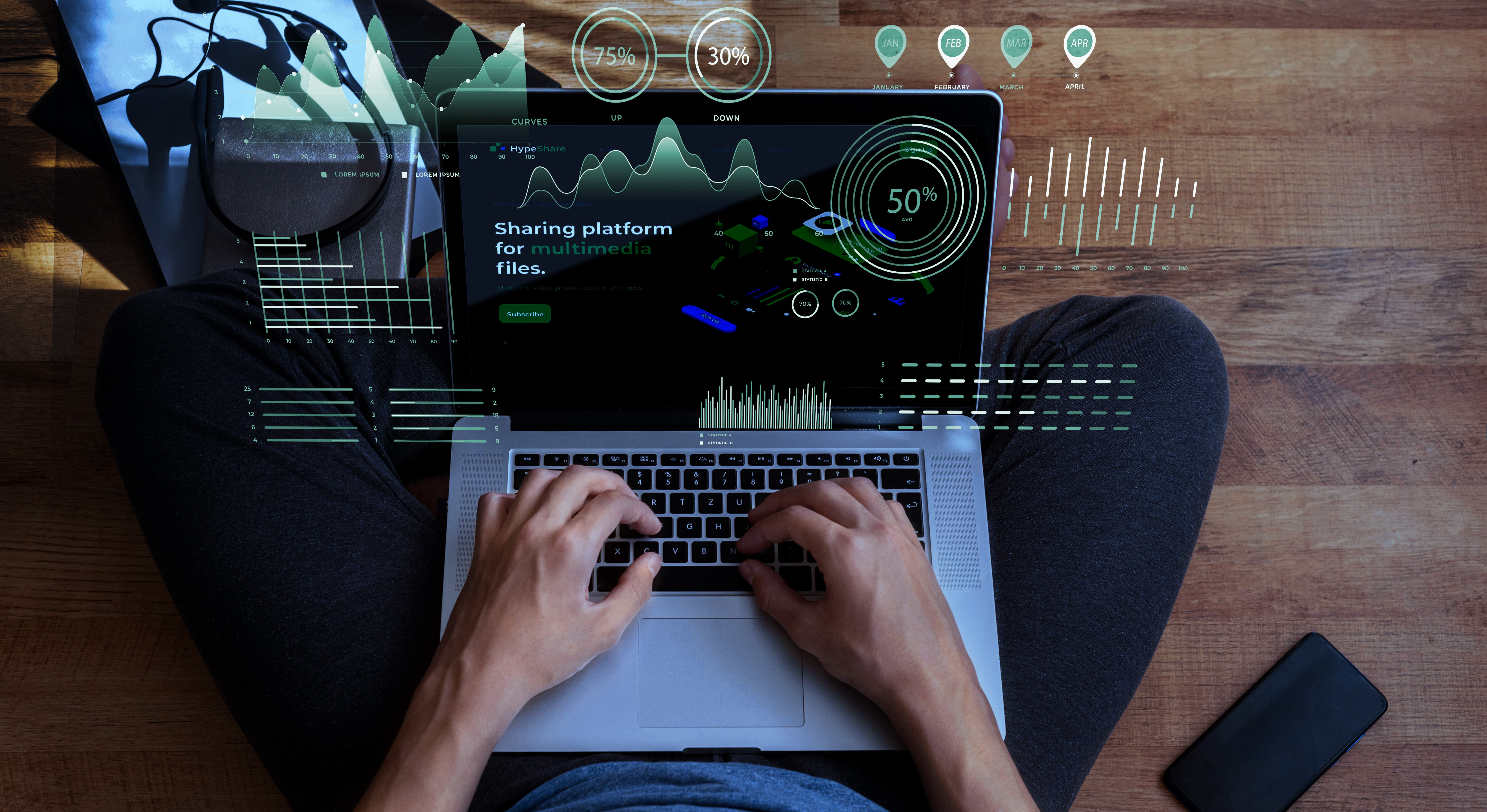
AI-Driven Upskilling and Reskilling
As AI continues to shape various industries, the skills required for success are undergoing a significant transformation. The key lies in developing skills that complement AI, such as critical thinking, creative problem-solving, and strong communication abilities. AI tools can analyze existing workforce capabilities and map them against the ever-changing job requirements, providing data-driven visibility that allows for targeted upskilling initiatives. By strategically cultivating future-proof competencies like analytical reasoning, human-AI collaboration, and systems thinking, organizations can achieve these goals seamlessly and efficiently.
Reskilling is equally important in adapting to the evolving job landscape. AI can help identify which employees are best suited for new roles and provide them with the necessary training to transition smoothly. This strategy not only increases employee satisfaction but also ensures organizational resilience in the face of change.
Enhancing HR Processes with AI
AI’s impact on HR extends beyond recruitment and onboarding, enhancing efficiency across various functions. By automating repetitive tasks, AI allows HR professionals to focus on strategic initiatives. For instance, AI can be used to screen resumes, conduct initial candidate interviews, and personalize the onboarding experience for new hires. In performance management, AI-driven analytics provide real-time tracking and personalized feedback, promoting continuous improvement. Additionally, AI enhances employee engagement by analyzing sentiment from surveys and communications, enabling proactive morale management.
Driving Innovation and Collaboration with AI

AI’s impressive talent for spotting patterns, analyzing data, and predicting trends unlocks exciting possibilities for workforce development innovation. Organizations can leverage this power to identify upcoming job market shifts and anticipate the skills needed for future success. Furthermore, AI can act as a bridge for collaboration and knowledge sharing among employees. AI-powered platforms can connect individuals with the right resources and expertise, encouraging a culture of continuous learning and collective innovation.
Challenges and Responsible Implementation of AI in Workforce Development
The exciting potential of AI in workforce development isn’t without its hurdles. Concerns about automation causing job losses, the ethics surrounding AI development, and the need for strong data management are all valid issues that demand attention. Ethical concerns include maintaining fairness and openness in AI decision-making, protecting data privacy, and promoting transparency in data handling processes. Proactive strategies can help organizations navigate these challenges with confidence. Cultivating a culture of continuous learning, promoting digital literacy, and ensuring responsible AI implementation are key steps. By taking these measures, organizations can harness the power of AI while mitigating potential risks.
The Future of Work with AI

The future of work is clearly tied to embracing AI technologies. Failure to do so exposes businesses to the risk of falling behind. But early adopters hold the key to success. By leveraging AI in the workforce, they can gain a major advantage. This can be accomplished by utilizing AI to improve employee skills, streamline workflows, and drive innovation. The key lies in creating a mutually beneficial partnership between human creativity and AI-powered intelligence. This is not a competition but rather a collaboration. By fostering this collaboration, businesses can unlock the full potential of a smart workforce. This smart workforce, equipped to excel in a dynamic business environment, will be the key to thriving in the future.
FAQs
How is AI changing workforce development?
AI is revolutionizing workforce development by personalizing learning experiences, streamlining HR processes, and driving innovation through data analysis and trend prediction.
What skills are essential in the AI age?
Critical thinking, creative problem-solving, and strong communication abilities are essential skills that complement AI technologies.
How can AI personalize learning?
AI can analyze individual strengths and weaknesses to create tailored learning experiences that accelerate skill mastery.
What are the ethical issues associated with AI in workforce development?
Ethical concerns include the potential for job displacement, data privacy issues, and ensuring fairness and transparency in AI decision-making.
How can organizations implement AI responsibly?
Organizations can implement AI responsibly by promoting transparency, ensuring fairness, and cultivating a culture of continuous learning and digital literacy.
What is the future of work with AI?
The future of work with AI involves a collaborative partnership between human creativity and AI-powered intelligence, driving innovation and efficiency.
Further Reading
To explore how AI is revolutionizing other aspects of business, such as digital marketing, this practical guide offers valuable insights into its applications: The Power Of AI In Digital Marketing: A Practical Guide.


